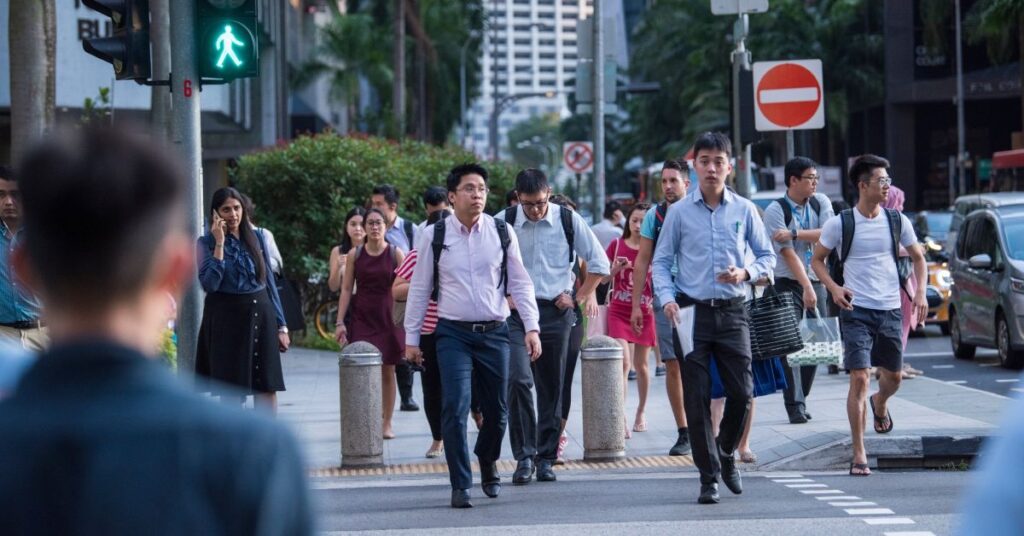Back in January, an article in The New Paper caused a bit of stir when it was reported that Uber and Grab drivers were refusing pickups with children.
Rightfully, they were just obeying the law – albeit a little known one.
Grab was well aware of this, and have been testing a new initiative called GrabFamily since last year, where they have a selected number of cars which are designed to be family-friendly – these are essentially cars with a booster seat installed for safety reasons, to cater to children four to seven years old.
GrabFamily Is Grab’s Answer To Get Kids On Board
Earlier today, we attended a little gathering where Grab formally announced the arrival of GrabFamily after months in beta.

Aimed at helping to buckle in children aged 4 to 7 years old, Grab wants their app to be more family inclusive so that parents can bring their children along with a peace of mind.
Putting the safety of children as their utmost priority, while at the same time allowing GrabCar drivers to stay well within the confines of the law, Grab has partnered with Mifold to test this new initiative.
A company who made their name on crowdfunding site Indiegogo, Mifold is a super-compact and foldable child booster seat, and is the brainchild of Jon Sumroy.
This is a product which attracted many high profile investors which included the makers of Candy Crush, and for the past year, has made its way into major cities around the world.

For Grab though, they have chosen Singapore as the first market to roll out GrabFamily in, and to do that, they would need to implement a booster seat system for their drivers for it to even be compliant with the law.
That’s where the business partnership with Mifold made sense. Unlike traditional booster seats which take up a lot of cabin space, Mifold’s product folds down to the size of a Nintendo Switch.
The end goal is to of course get the Mifold into each and every GrabCar in Singapore, and that would mean a significant amount of money that needs to be invested into GrabFamily.

Mifold is already on schedule to bring in its products to be sold in retails stores such as Mothercare, and the seat will be priced at $99. For their drivers, Grab will be heavily subsidising this product bringing it down to $30.
So for Grab drivers, they have a choice of whether or not they would like to purchase the booster seat so that they could potentially take on more jobs.
But that’s a $69 offset right there.
With some 50,000 vehicles out on the road, Grab’s dream of getting it into each and every one of them will easily cost $1.5 million – and that’s just for one booster seat.

Ideally, they would like to have more than one in each car to accommodate families with more than one child, and to Grab, that multiplication of cost is one they would gladly take on in the name of child safety in their vehicles.
What’s stopping that dream is unfortunately the manufacturing constraints of the seat itself. The high global demand is more than Mifold can produce, it is simply not possible for Grab to get everything at one go.
Still, with more than 1,000 today already equipped on the road, Grab hopes at least that by the middle of 2017, they can multiply that number as much as possible.
How much is this going to cost you?
To hail a GrabFamily ride, it will cost an additional $2 on top of the base fare of $2.50 for a GrabCar Economy ride.
Grab also recommends that parents leave a note to their drivers when making a booking (or through the in-app chat) should there be additional requirements to prevent any unwanted delays, or cancellations.

If you’d like to try this new service with your children, the feature is already live on the Grab app.
Grab is also offering the promo code “FAMILY” to waive off that additional $2.
Also Read: Mother, Businesswoman, And Friend – We Get Behind The Wheel With Uber’s Female Drivers-Partners












